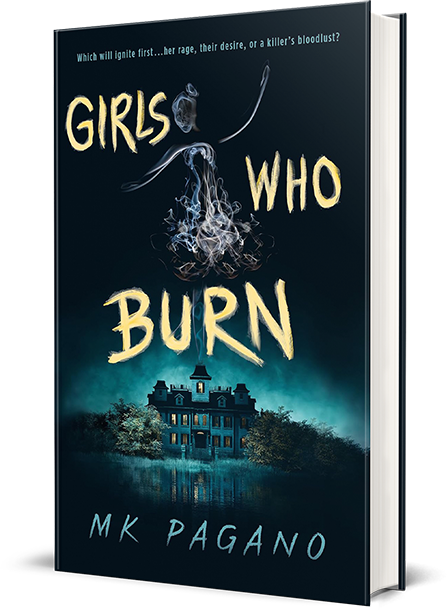Learning from the Masters: Voice

Time for a look at another brilliant example of writer voice! This week I’m picking an unusual one…
Anyone who’s picked up any of Kazuo Ishiguro’s novels knows what a genius writer he is. I’ve actually only read two of his books–the rest are obviously in my TBR stack (reaching Jenga-levels of precariousness at this point)–Never Let Me Go and The Remains of the Day. Both are quietly, devastatingly brilliant.
They’re also kind of unusual choices, for a YA-lover such as myself. The example I want to share is from The Remains of the Day. Take the opening paragraph of the novel:
It seems increasingly likely that I really will undertake the expedition that has been preoccupying my imagination now for some days. An expedition, I should say, which I will undertake alone, in the comfort of Mr Farraday’s Ford; an expedition which, as I foresee it, will take me through much of the finest countryside of England to the West Country, and may keep me away from Darlington Hall for as much as five or six days. The idea of such a journey came about, I should point out, from a most kind suggestion put to me by Mr Farraday himself on afternoon almost a fortnight ago, when I had been dusting the portraits in the library. In fact, as I recall, I was up on the step-ladder dusting the portrait of Viscount Wetherby when my employer had entered carrying a few volumes which he presumably wished returned to the shelves. On seeing my person, he took the opportunity to inform me that he had just that moment finalized plans to return to the United States for a period of five weeks between August and September.
Not exactly the type of voice I was used to reading.
But I read on after this opening paragraph. Why?
The plot interested me, for sure: a butler in a mansion in England, off on an expedition. I was picturing Mr. Carson from Downton Abbey (even though this book takes place in the 1950s). But I wouldn’t have been drawn in without the proper, formal, English voice the story is told in.
Another passage:
Now naturally, like many of us, I have a reluctance to change too much of the old ways. But there is no virtue at all in clinging as some do to tradition merely for its own sake. In this age of electricity and modern heating systems, there is no need at all to employ the sorts of numbers necessary even a generation ago. Indeed, it has actually been an idea of mine for some time that the retaining of unnecessary numbers simply for tradition’s sake–resulting in employees having an unhealthy amount of time on their hands–has been an important factor in the sharp decline in professional standards.
The entire novel is told is this formal-old-butler voice–and it’s brilliant. Beautiful. Easy to read. It’s because even though we may not be familiar with this voice, Ishiguro isn’t too over-the-top with old English terms–and he tells us this story in a very relatable way. We can all relate to the excitement of a trip; we can all relate to the resistance to change. The fact that it’s told in such a charming way sets the story, but it doesn’t take away from what the story’s about: learning to come to terms with a world that is drastically different from the one in which you grew up.
Whether you’re a writer or only a reader, I urge you to pick up this novel. There’s so much here to learn–and so much to enjoy.
Photo by Christin Hume on Unsplash


[…] Early 2013: males are still ahead in both authors and POV characters. By a lot. I come across some new favorite writers: Stephen Chobsky, Markus Zusak, Kazuo Ishiguro. […]